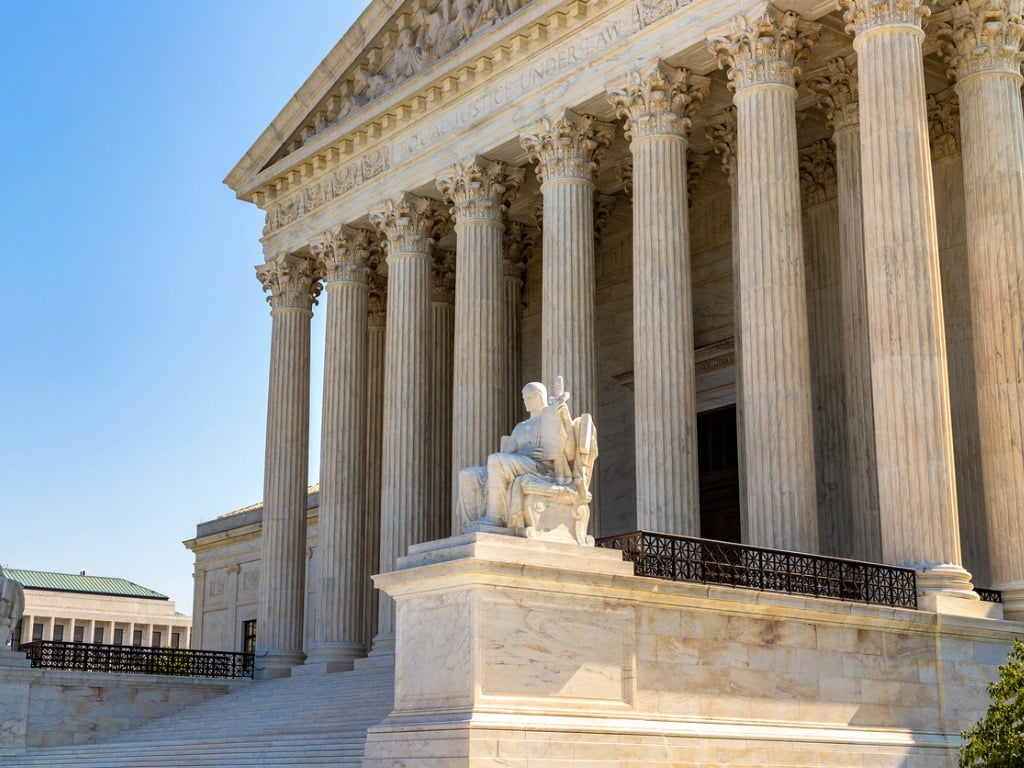On April 1, the United States Supreme Court opted not to review the dismissal of a lawsuit brought forward by three whistleblowers alleging negligence by the Internal Revenue Service (IRS). The whistleblowers, David E. Stone, Thomas Carroll, and David C. Depadro, asserted that the IRS failed to adequately investigate their claims regarding institutional mortgage lenders’ non-compliance with regulatory standards.
The petition, known as Stone v. Commissioner of Internal Revenue, had been under consideration since March 28 during the justices’ private conference. No Justices dissented, and none offered any explanation for their decision. The IRS did not provide any information to the Supreme Court, and the commissioner, Danny Werfel, waived his right to respond to the petition.
The central legal dispute laid out in the petition is whether “the Commissioner, as an arm of the executive branch, has absolute discretion and sovereign immunity under the Administrative Procedure Act [APA] to decline to collect billions of dollars in income taxes on bundled mortgages that are otherwise taxable under the Internal Revenue Code[.]”
The three whistleblowers alerted the IRS to potential non-compliance issues with real estate mortgage investment conduits (REMICs), financial entities utilized by lenders to manage pools of mortgages and issue mortgage-backed securities. As detailed in the petition, REMICs are controlled by major financial institutions and hold a significant portion of residential mortgage loans in the United States.
The crux of the whistleblowers’ claims centered around the contention that despite the massive sums involved, REMICs were not meeting the conditions for tax-exempt status outlined in the Internal Revenue Code and federal regulations.
The whistleblowers asserted that despite their efforts to alert the IRS to these issues and subsequent acknowledgment of the information, the agency failed to take action. They argued that the IRS’s inaction amounted to a significant loss of potential tax revenue, ultimately impacting all American taxpayers who dutifully fulfill their tax obligations.
The whistleblowers initially pursued their case in federal court in the Southern District of Florida, arguing that the IRS should have reviewed and audited the REMICs in question and sought to recover owed taxes. However, both the federal district court and the U.S. Court of Appeals for the 11th Circuit ruled that the APA could not be employed to challenge the IRS’s position.
The 11th Circuit determined that the executive branch retained the discretion to decline to pursue taxes from non-compliant REMICs, rendering the whistleblowers unable to sue under the APA to compel IRS action.
Following Thomas Carroll’s passing, his wife, Kari S. Carroll, replaced him as a petitioner in the legal proceedings.
